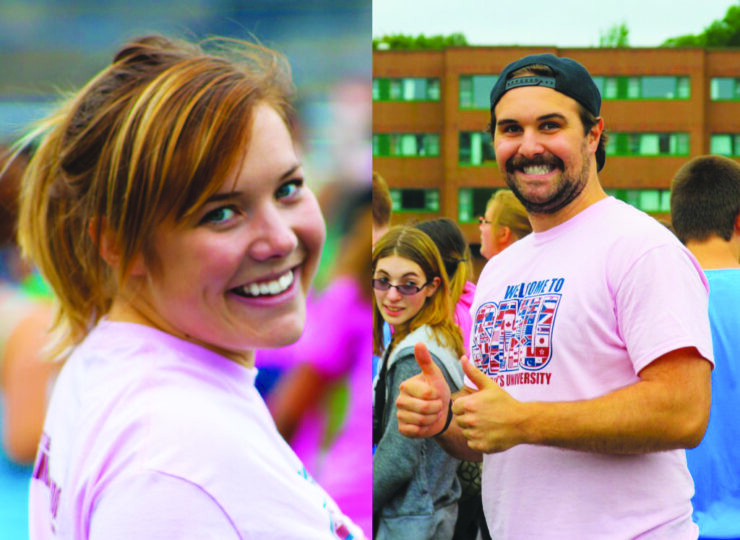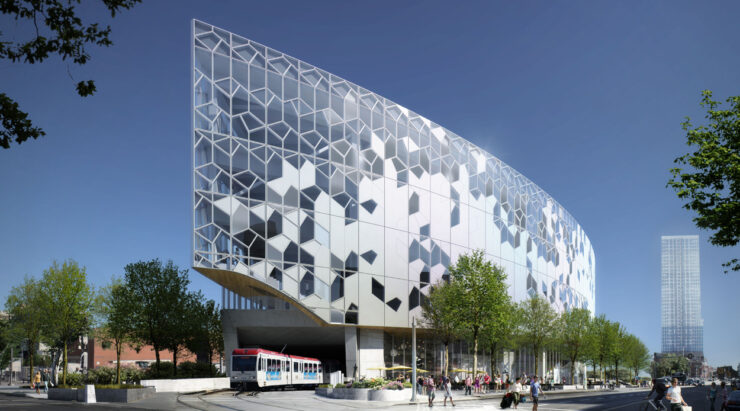We have a duty to protect children born on our soil
Debate has continued for decades over just what makes someone “Canadian”.
Canada, or at least the Canada I know, is filled with a multitude of different languages, cultures, practices and beliefs, which makes it difficult for there to be one overriding identity. Just like the University of Ottawa campus, Canada is diverse and has much to offer, resulting in the attraction of people from all over the world.
I subscribe to the belief that we are a mosaic, where each individual unit can shine and retain its beauty, while still being part of a greater piece of art. There are many first-generation citizens in Canada and on the U of O campus, including myself on my mother’s side. The thing that unites us, no matter the difference of opinion, of thought, skin color, culture, heritage, religion, is that we all call Canada home.
This is why, when the Conservative party voted to end birthright citizenship at their convention in August, I was shocked. This would mean that birthright citizenship would only apply if one of the child’s parents is either a citizen or permanent resident of Canada.
Conservatives like party leader Andrew Scheer argue this will end the “birth tourism” practice, wherein mothers have babies inside Canada so that their child will automatically attain citizenship.
There are currently no statistics backing up claims of birth tourism, and refugee and human rights advocates have said there is no evidence of a birth tourism problem to solve.
Even if there is a birth tourism problem, what if the mother was fleeing something grave in order to search for a better life for her child? It’s not like she and the child will just leave after the child is born—they likely will stay in the country, she will get a job, buy a house, put her child through school, and work every day to provide the dream she had for her child. And Canada should be supporting that dream.
Babies born in Canada should be entitled to being Canadian. Having stateless babies being born in Canada is both a logistical nightmare, but also something that directly contradicts one of the core Canadian values: inclusion. Is a country that can’t claim and protect a child born on its own soil really a country you would be proud to live in?
Countries where citizenship is inherited through parentage and not soil (jus sanguinis: right of blood) are mainly found in Europe, Asia, Africa and Oceania, whereas birthright citizenship based on soil (jus soli) is mainly found in the Americas. In my opinion, these models are due to the demographic make-up of these countries, and reflect their own policies, whether friendly or not, to immigration.
If Canada wants to sustain its economy and continue supporting its aging population, we cannot shut out children who have only ever called Canada home. Or else we’ll wind up facing a population crisis like Japan, a country that is well-known for its stringent immigration policies and citizenship laws.
Children born in Canada should be given Canadian citizenship—it is their birthright and our obligation.




